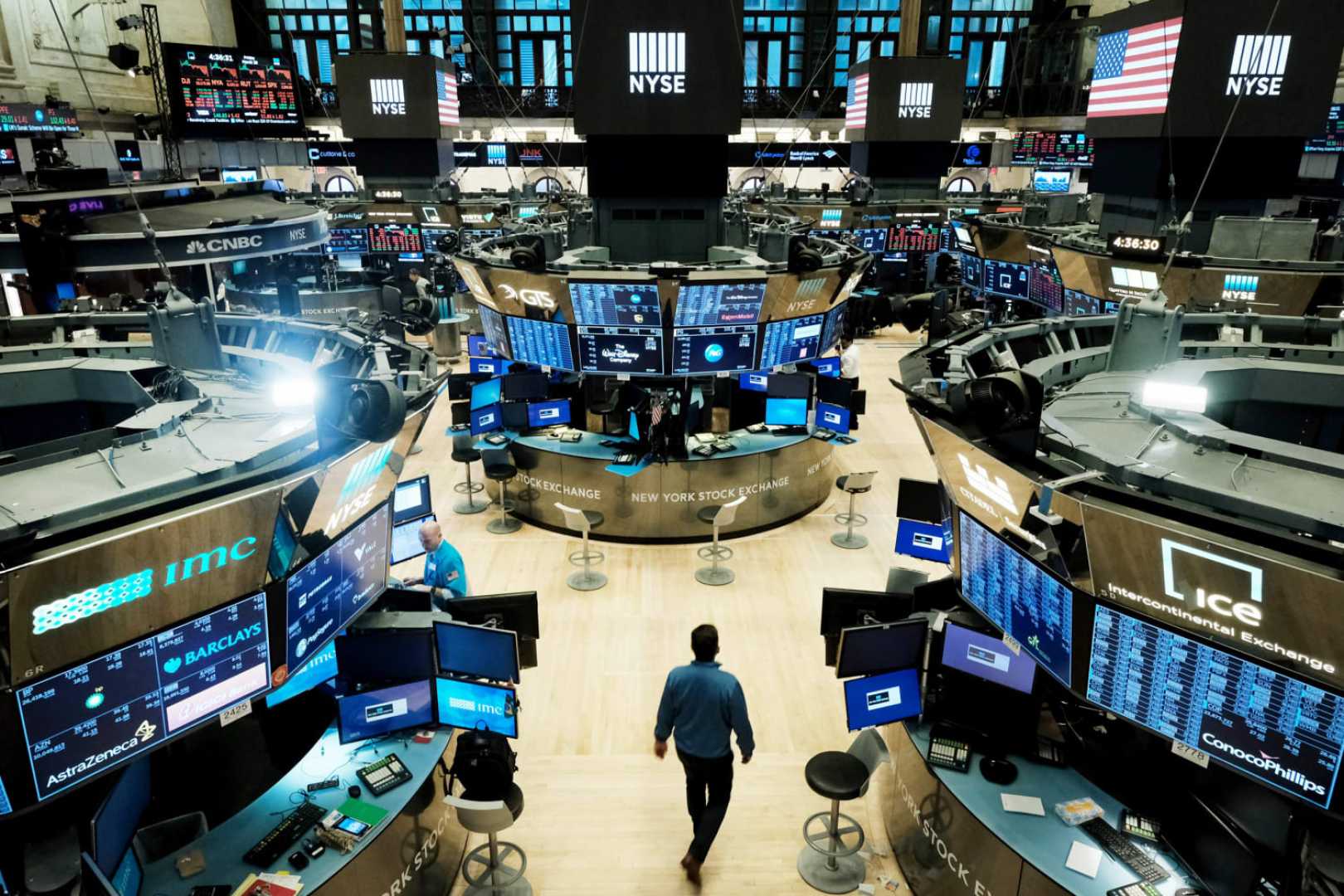Business
Investors Worry, Sell U.S. Bonds Amid Trade War Concerns

NEW YORK, New York — Wall Street is experiencing significant volatility as concerns rise over the U.S. national deficit and ongoing trade tensions. Investors are engaging in what is now being termed the ‘sell America’ trade, leading to a decline in the value of U.S. government bonds.
This week, Treasury auction results shocked markets when the U.S. government had to pay a higher yield than anticipated for $20 billion in bonds. Yield rates on 30-year Treasuries surged above 5%, indicating a troubling increase in what the U.S. pays on its long-term debt.
The spike in bond yields poses potential harm to the broader economy as higher rates could lead to increased borrowing costs for consumers and businesses. Traditionally, these bonds are viewed as a safe investment, but growing doubts about the U.S. economy’s strength are causing a shift.
The European Central Bank warned that President Trump’s tariff strategies could destabilize the global financial landscape. ‘Frequent shifts and reversals in tariff policy…could have major economic impacts,’ the bank stated. This warning came shortly after Moody's downgraded the U.S. credit rating, attributing the decision to the fast-growing national deficit, which is nearing $2 trillion.
Moody’s report criticized President Trump’s budget proposals and indicated that they would likely fail to generate the necessary revenue to tackle the increasing deficit. ‘We do not expect material reductions in mandatory spending and deficits from current fiscal proposals,’ the agency noted.
Industry experts are now voicing concerns about the future of U.S. economic supremacy. Winnie Cisar, global head of strategy at CreditSights, remarked on the changing narrative regarding the U.S., stating that investors perceive the nation as a ‘riskier place to park your cash than it was six months ago.’
With the bond market’s instability, experts suggest that the implications extend beyond Wall Street. Rising bond yields could translate into higher interest rates on loans, credit cards, and mortgages, affecting average consumers as well.
As the situation continues to develop, investors remain cautious about their financial decisions in an uncertain economic environment.












